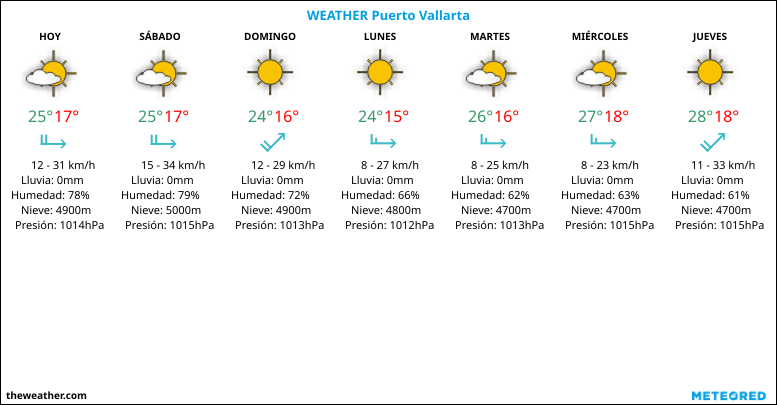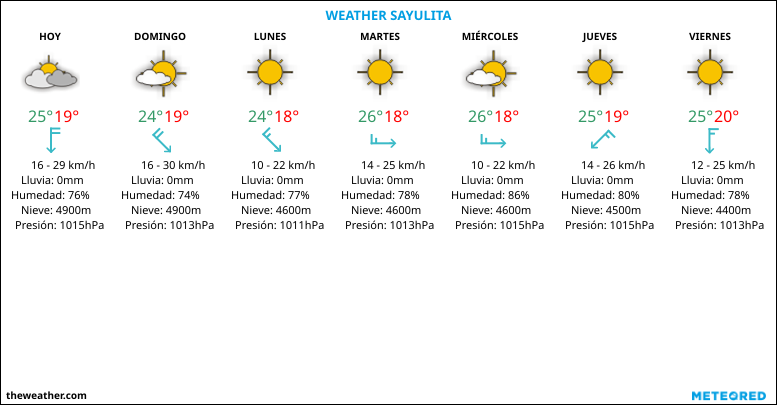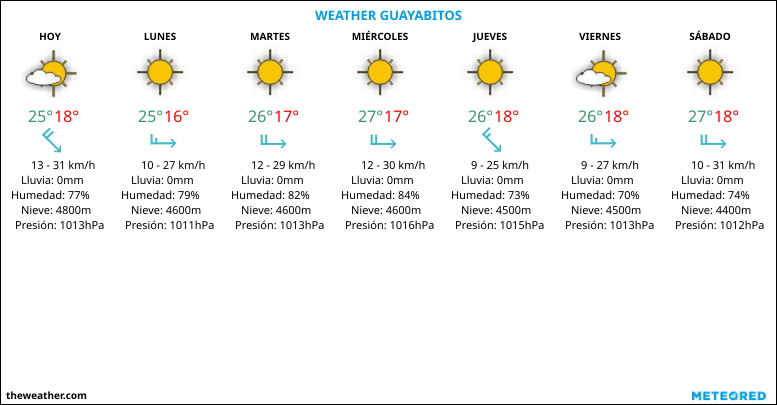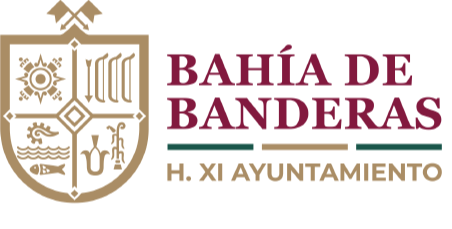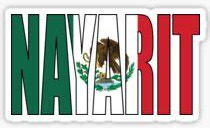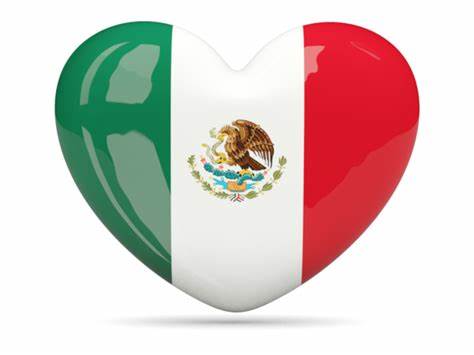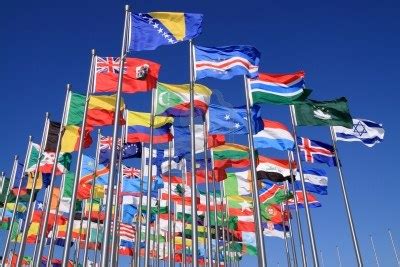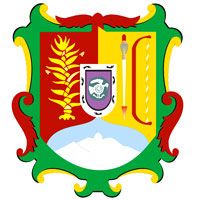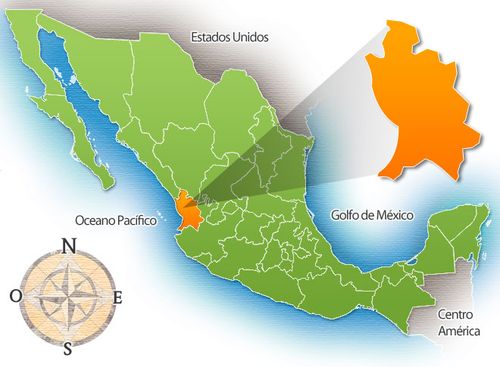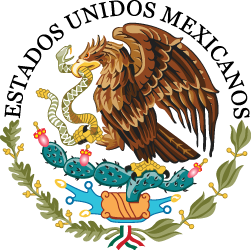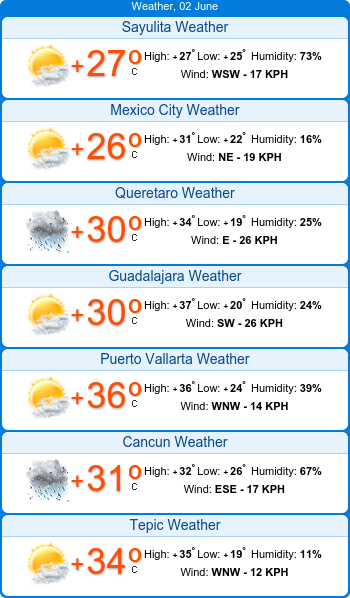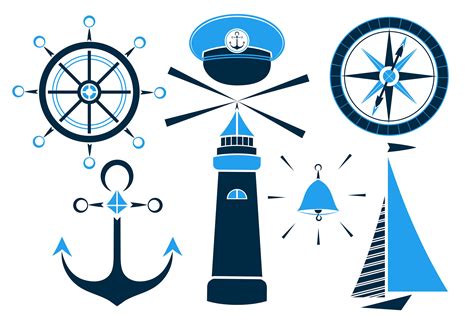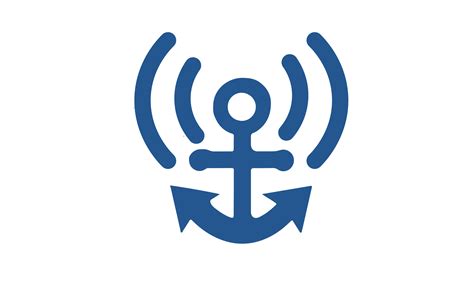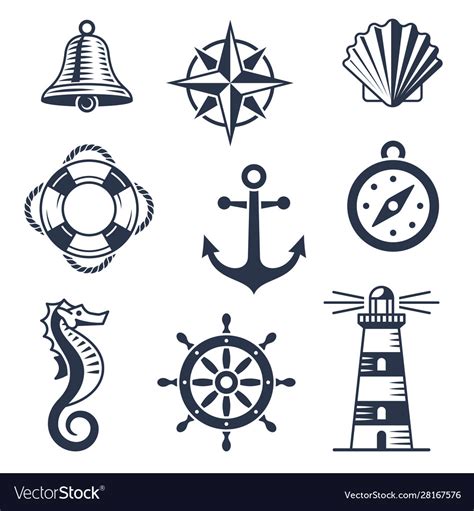What Helps Blood Pressure?
CCMray • June 28, 2024 • 0 views
Chapters
00:00 - Intro
0:55 - Check This First!
2:58 - Then Check This!
5:04 - Boost Nitric Oxide!
7:01 - Stress Happens
8:14 - My Bonus Tip
Is High Blood Pressure Common?
Over a billion people have high blood pressure. 1 in 5 women, and 1 in 4 men. With a few lifestyle changes it is possible to lower your blood pressure and help control it.
Vitamin D and Blood Pressure. Does Vitamin D Play a Role in Blood Pressure?
Assess is your vitamin D levels. Especially if you're in any of these groups. Some examples are, just having Naturally darker skin, you're older, vegetarian. You may be more prone to vitamin d deficiency.
If you're vitamin d levels are within range, you wouldn't have any additional blood pressure benefits by taking extra vitamin d. If they are lacking and they are low, you're over 50 and have a higher BMI, than there might be a slight blood pressure advantage if you restore the vitamin d levels back to normal.
Magnesium and Blood Pressure. Does Magnesium Play a role in Blood Pressure?
Magnesium deficiency is more common in Type 2 diabetes and pancreatitis for example. In the US. 55% of people are below the recommended daily allowance for magnesium, and 20% are well below that level.
The combination of increased intake of magnesium and Potassium coupled with reduced sodium is more effective in reducing blood pressure than single mineral intake and is often as effective as one antihypertensive.
How Magnesium Works in Blood Pressure?
This is because magnesium acts as a natural calcium channel blocker. It increases nitric oxide, improves endothelial dysfunction, and induces direct and indirect vasodilation.
Salt and Blood Pressure. Does Salt affect Blood Pressure?
The average American eats about 3400 mg of salt a day, when the recommended intake should be 1500 mg a day. Swapping these with foods that have potassium instead will help relax your blood vessels and process the sodium out of your body faster. These moves are the crux of what's called the dash diet or the dietary approach to stop hypertension.
Nitric Oxide and Blood Pressure. Do Nitrates Help With Blood Pressure?
Nitric oxide is a molecule that the body produces naturally. It supports blood circulation, it also helps deliver nutrients and oxygen to every part of your body more effectively. And it's easy to boost nitric oxide by incorporating foods rich in dietary nitrates.
Beetroots and Blood Pressure. Do Beets Help With Blood Pressure? Eating These Two Foods Will Lower Blood Pressure.
Beets promote vasodilation. Secondly, another nitrate-rich food with 625 mg per 100 grams is radishes which can also support healthy blood flow. Thirdly, Watermelon, as it contains L-citrulline, which the body converts into L-arginine and eventually into nitric oxide.
Stress and Blood Pressure. Does Stress Affect Blood Pressure?
We all have stress in our day-to-day lives—a flat tire in the middle of rush hour, work deadlines, procrastination. All these can cause a temporary spike in your blood pressure. I say temporary because, once the stressful situation is over, your heart rate and blood pressure return to normal.
Lifestyle Factors That Help Blood Pressure. Does Exercise Help Blood Pressure?
There are going to be other significant lifestyle factors that you can add in that will dramatically help as well like, quitting smoking, limiting your alcohol, staying consistent with your medicines, reviewing your caffeine intake and sleep quality, and getting enough aerobic and resistance exercises a week.
DISCLAIMER:
This video is for information only and should not be used for the diagnosis or treatment of medical conditions. Dr. Arsalan Aspires has used all reasonable care in compiling the information but make no warranty as to its accuracy. Always consult a doctor or other healthcare professional for diagnosis and treatment of medical conditions.


